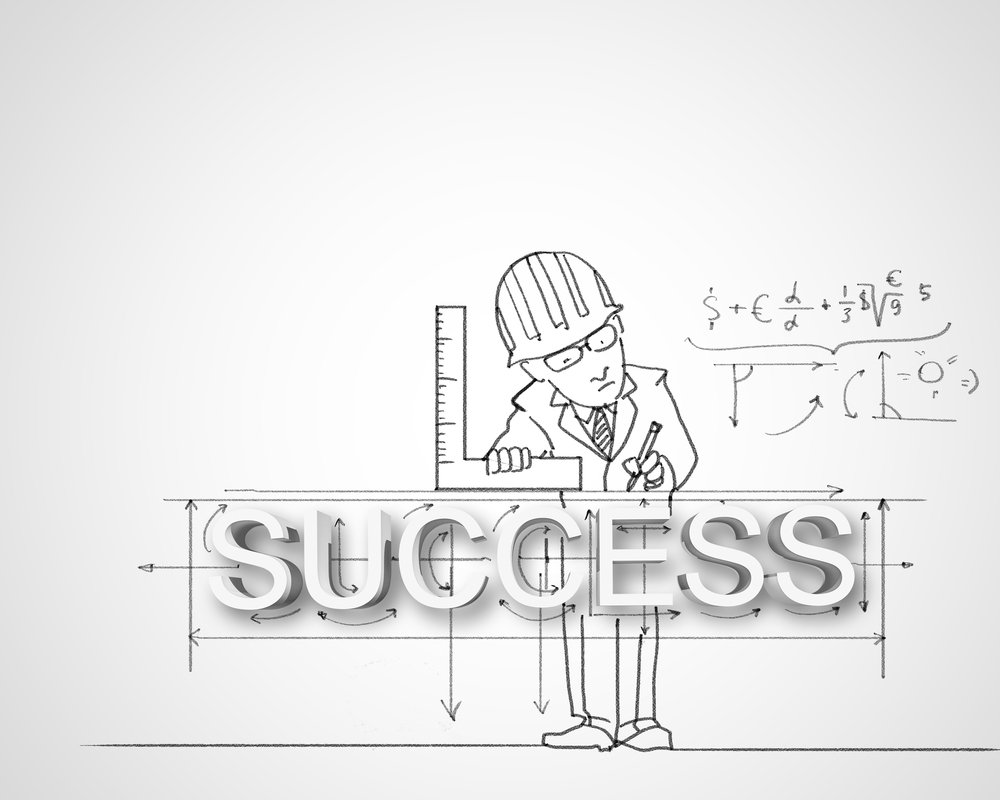This is the second part of Vasily’s blog. Vasily was a repeat writer at the SOA, but after having successfully passed it in 2012, went on to pass the UFE in 2012 on his first attempt!
Part 2
Another trap I had fallen into for two years straight was related to the handbook. Yes, it is available during the exam. Yes, you can look stuff up, if you need to… but in reality there is no time for that. I cannot emphasize this enough: There is simply NO time to look stuff up. You need to know the vast majority of theory from the top of your head, memorize it if you have to.
I started preparing flash-cards and memorizing them. My objective was to know topics ranging from easy to medium difficulty by heart. I tried memorizing a lot of difficult topics as well, but since they are tested less frequently, I did not spend too much time on them.
A friend of mine, with whom I studied on my second attempt, had around 300 flashcards. That deck was taller than the Income Tax Act, so at the time I was not sure if it was of any help to him. However, he passed that time and I did not. So I started using flashcards as well. I ended up with about a hundred of them, which turned out to be a rather manageable number. I would often ask my wife to shuffle the cards and ask me questions on the contents of 10-15 cards at random.
Another thing my mentor recommended doing was forcing me to read a case as fast as possible. I used to take my time in reading a case and making sure I grasped every single detail of it. This approach calmed my brain but was not conducive to thinking faster. While I was able to understand every little detail from the case, I spent way too much time reading it and did not have enough time to address all the important indicators. Even more significantly, having noticed a single minor detail I really wanted to address it, to show the marker that I knew this bit of theory. The result was that I might achieve an “HC” on a minor indicator, but I definitely did it at the expense of scoring an “NC” on a more important topic.
Force yourself to try reading fast. You will notice that your mind is capable of absorbing the necessary information at an increased pace. However, do it only if you are in the early stages of your exam preparation, so that it becomes second nature in a real exam setting. Do not experiment during an actual exam!
Despite having implemented the aforementioned changes in my studying routine and attitude, I still did not feel confident after I wrote the SOA for the third time in June 2012. After all, I did fail twice, so it was very hard to expect a different result. However, I did fairly well that time, scoring in the 3rd decile overall, which is a very solid passing mark. I was astonished to see how well I did when I saw the final breakdown in the paper. I scored reasonably high on important indicators and received “NC’s” or “NA’s” on non-important indicators. That is exactly what I practiced doing––addressing the important issues with care and confidence, while ignoring the less important ones.
I used exactly the same approach and methods to studying for my UFE in September 2012. While UFE is a bit different from the SOA, the same study practices are applicable. I passed the UFE on my first try.

